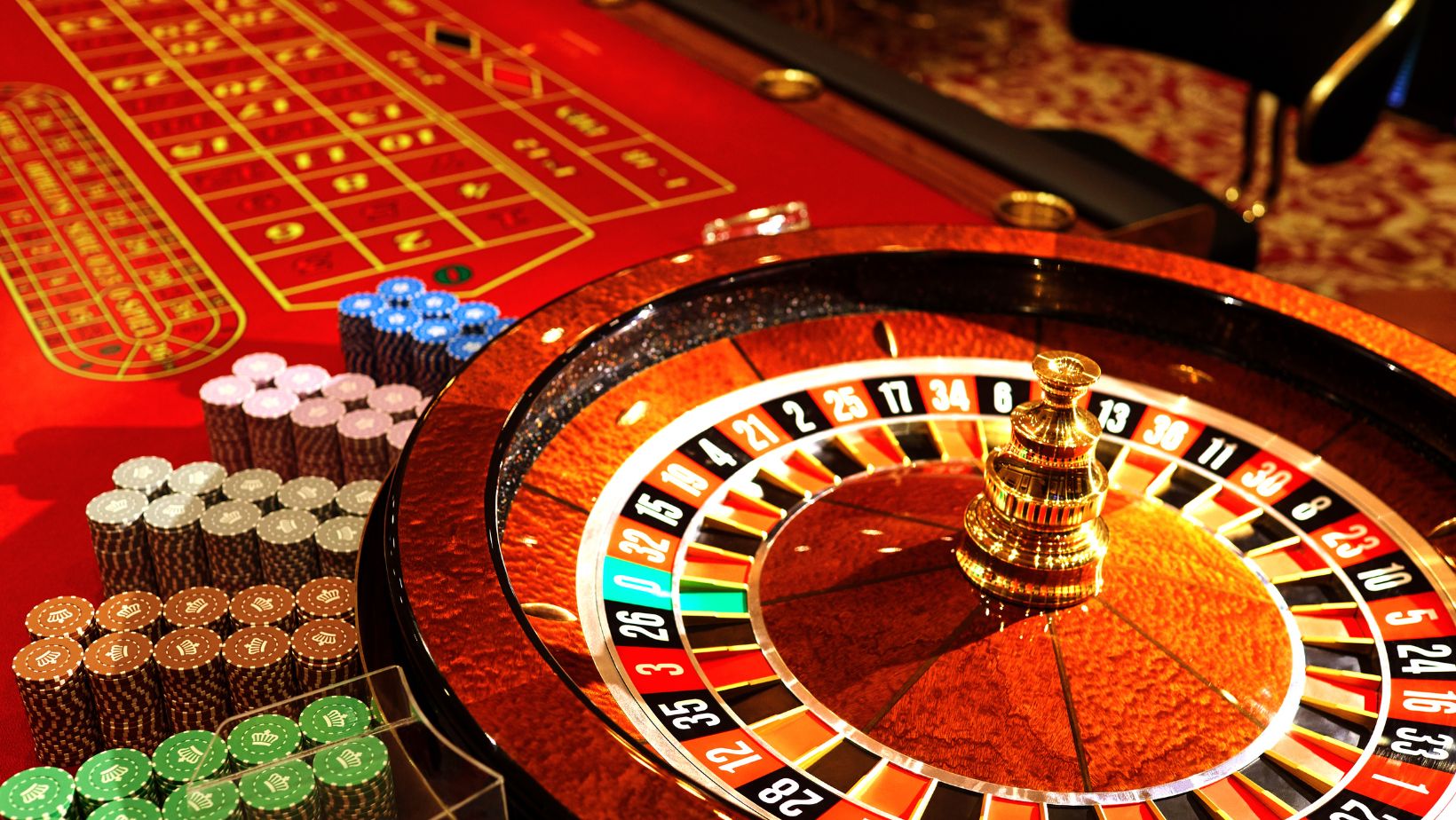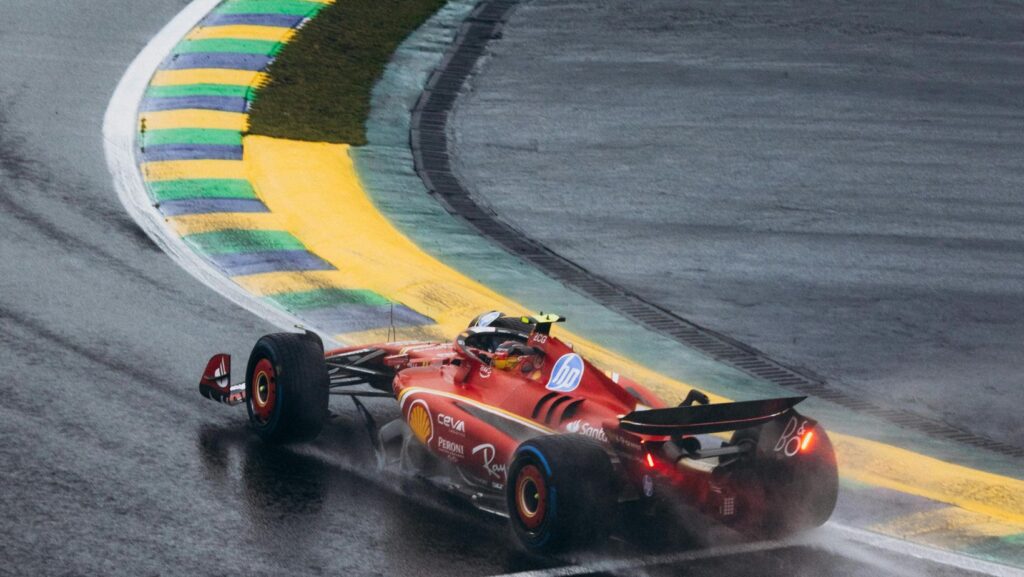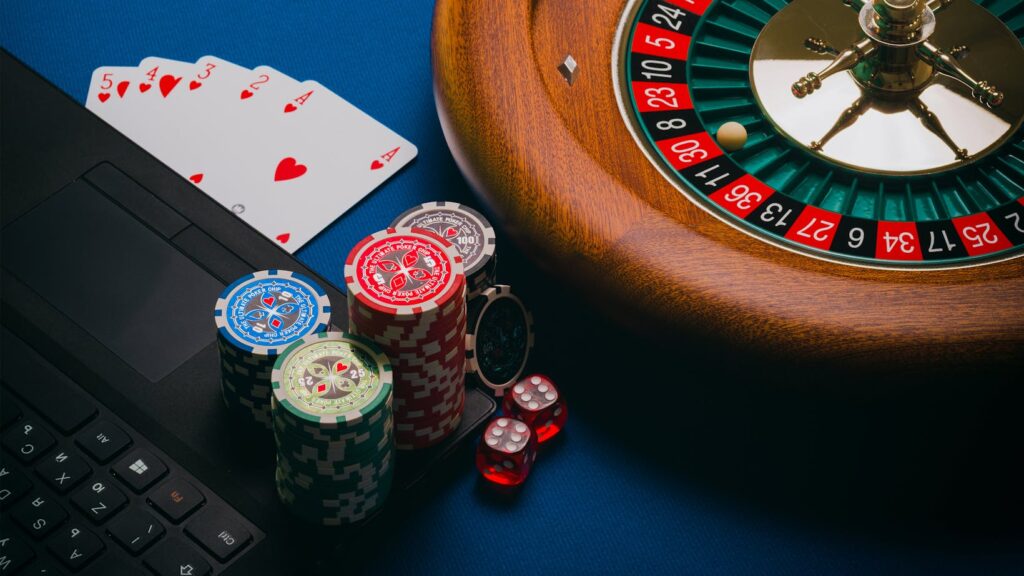Speed decides the outcomes on the racetrack and in the casino. The same truth holds for the F1 team and the roulette player: pace alters tactics, risk and decisions.
In competition, speed often makes the difference between success and failure. Formula 1 drivers live and breathe to the hundredths subtracted per circuit pass and casino players react to the velocity of a turning wheel. The higher the speed, the more the two spheres insist on honed instincts, instantaneous decisions and sophisticated strategy. The ingredient in speed reframes the very pace of interaction, piling up the tension and intensifying every decision. As margins become thin and reaction frames are foreshortened, remaining cool in the face of burgeoning pressure becomes the difference-making ingredient that separates calculated expertise from costly misjudgment.
The Tempo of Competition
Each competition, mental or mechanical, centers around the idea of pace. Formula 1 vehicles test boundaries by virtue of blisteringly high rates per lap and the engineers and strategists work out every parameter for uniform performance. Casino tables also offer variable play rates to the player, where rounds move at a snail’s pace in the classic environment or whizz by in electronic media. The variability in pace alters the experience at its core, requiring participants to adjust their strategies within time constraints and intensifying the psychological pressure from sustained concentration. In the cockpit or at the table, momentum determines risk, decision-making and ultimately the margin between victory and defeat.
Pace and the American Roulette Wheel
As Formula 1 cars fly around tracks at well over 300 km/h, the players at the casinos are presented with a pace challenge at the playing table. Online rooms often fast-track the pace, where turns are fast and furious compared to the controlled pace of the roof-based casinos. The composition of American roulette imposes its own demands on the situation, with the extra double zero having a significant impact on the probabilities at a high pace. With shorter sequences, less thinking time on decisions leads to pressure on decision-making, shifting it toward instincts rather than intellect. The fast pace creates a pressure of urgency, akin to the split-second decisions in the pit lane, where instincts and calculations are needed to collide under challenging deadlines.
Fast Laps and Fast Spins
The parallel between a lightning-quick qualifying lap and a lightning-spinning wheel persists beyond analogy. For one, the margin for error decreases exponentially the farther one goes. A misstep by the Formula 1 driver can render the whole weekend’s strategy ineffective. The same winner-takes-all player who discovers his speed version of roulette can wager without glancing at the board. The thrill can be neither disregarded nor the enhanced peril. The two sports share a common trait: acceleration narrows the room for thoughtful consideration in exchange for pure reaction, making decisions that are often thrilling but dangerously unforgiving when the result snaps hard in an undesirable direction.
Strategy Under Pressure
Strategic depth separates skill from chance in high-velocity contexts. On the track, the stepped-up speed necessitates fine-tuning each move by the pit crews, with seconds deciding whether the car will invade traffic or stall in dead air. At the casino, high-velocity rotations test the player’s self-control. The desire for results increases exponentially as rounds accumulate rapidly, multiplying the losses for the player without a cohesive strategy.

Speed demands a marriage between preparation and control, where the personalities capable of making adjustments without panic are the ones who can keep their composure. In both contexts, discipline is the solution, as constant pressure exposes flaws in planning and punishes the muddying of instincts with calculated spontaneity.
The Culture of Speed
Speed has both mechanical and statistical meanings, as well as a cultural connotation. Formula 1 has forged its heritage in the quest for the ultimate fastest lap, a convention instilled in its history from Fangio to Hamilton. In the real world and online, casinos also increasingly offer fast-paced variants of roulette and other games, designed to maximize the adrenaline rush. On asphalt or felt, the desire for acceleration reveals an overwhelming obsession with living on the edge of control. Speed calls, but it also shows, eliminating hesitation and testing whether challengers can genuinely succeed in a world where intensity never relaxes and margins for error are razor-thin.
Pace determines decisions in directions that move beyond figures. The quicker the venue, the more the discipline and human nature are pushed to the test. Formula 1 interprets this truth in the uncompromising quest for lap time, while the roulette tables interpret the same in the spinning speed and blink-of-an-eye decisions. Whether in the bright-lit circuit or along the green sweep of the wheel, the game determines the difference when speed becomes the driving force. In either case, acceleration transforms the routine to extraordinary, sharpening reactions, compressing time for decision-making and making it feasible for only those prepared for intensity to endure the demands without reprieve for performance.



